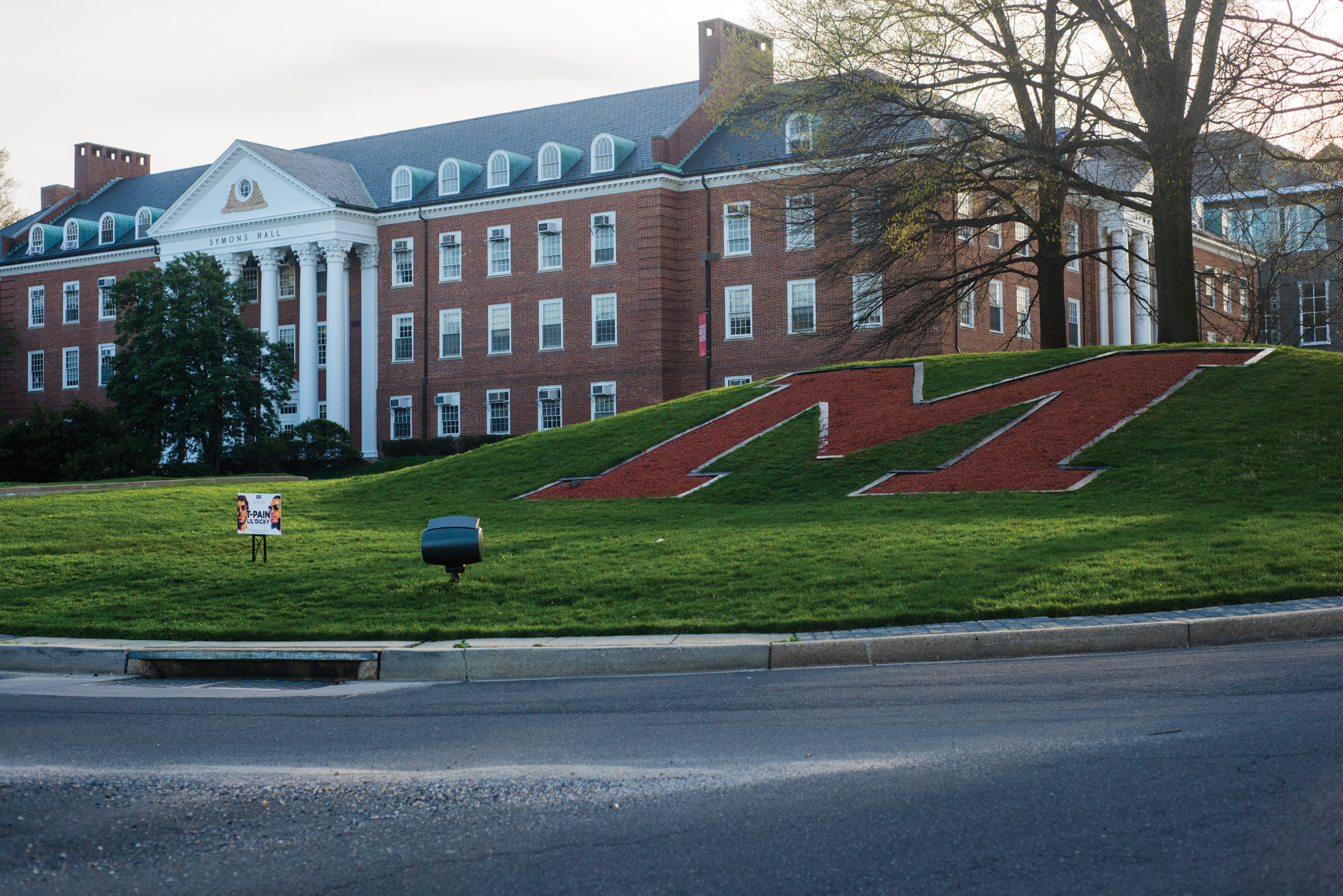Views expressed in opinion columns are the author’s own.
Shortly after the 2016 elections, I received an email from the Honors College advertising “two exciting new spring Honors seminars,” one of which was a class titled “Advanced Honors Seminar; Radicalization within Islam: 21st Century Drivers, Challenges and Policy Choices.” While this seminar was not intended as a response to the recent elections, it was, nonetheless, the wrong class to add amidst a time of rising animosity against Muslims and Arabs.
And though the course seeks for students to critically examine the “root causes and drivers” of “radicalism within Islam,” it still goes on to treat the religion as a ideology that can be dealt with politically. The seminar explores radicalization within the context of “the challenges it poses to policy-makers” rather than viewing this phenomenon strictly within a religious context. Additionally, students are asked to look at “practical policy recommendations” responding to Islamic radicalization, assuming that this is a religion best dealt with through policymaking in the ill-fitting arena of politics.
Most importantly, this seminar and other similar classes capture a nationwide trend of studying Islam within political settings, where a range of policies are tested upon Muslim communities that have little say in the matter.
These classes, which combine the study of radicalization and Islam, or attempt to locate the origins of terrorism and assign the act to a particular nationality have indirectly prepared the stage for the “muslim ban.” In essence, these classes confirm rather than contest the link between Islam and terrorism. They normalize the perception that the Arab and Persian regions are areas that can be subjected to various U.S. policies.
The idea of governing the Middle East and North Africa as if they were extensions of U.S. territories is reinforced in the approach these university classes take. Rather than defying the way our government has responded to the Middle East and its predominant religion, our university and many like it have followed its example, staging mock arenas of policymaking not far removed from the settings that have already created disasters in the Middle East, such as the war in Iraq and the sanctions on Iran.
Many universities across the nation, including our own, have issued statements condemning the ban. Some have even offered to provide free legal support and protect their international students’ private information. However, the way academic institutions have long been introducing students to Arabs, Persians and Muslims has made banning them no longer an impossibility. Years of viewing them as common subjects of U.S. policies and linking them so closely to acts of terrorism has set in place a mindset that would deem such a ban necessary for the protection of U.S. citizens.
Even though many universities have expressed outrage at President Trump’s ban, we have yet to admit the indirect, maybe accidental role academic institutions have played in laying its foundation. It is in these academic settings where individuals are introduced, perhaps incorrectly, to the regions subject to this contentious ban.
Students’ views are heavily influenced by their initial exposure to these regions and their religion. What remains problematic is that our university continues to introduce classes that reinforce a foreign policy practice that has intruded on Arabic lives for a very long time. Therefore, we must demand an end to this established practice of training students to think of those in the Middle East and North Africa as subjects of what are often disastrous policies.
We should instead rally for classes that dare to handle misperceptions about these regions and admit to faults in the way America has previously addressed them. But more than that, we should offer more classes dedicated to the study of Arabic and Persian art and translated works of literature. The university does offer such classes, but they are minimal, and none are offered through the English department, which addresses the cultures of many minorities but not these critical ones.
Studying Middle Eastern and North African literature and art is crucial to shifting popular attitudes because it alters the context of the region and their citizens. An easy way to colonize a region is to dehumanize its inhabitants and render them in need of the occupier. Without knowledge of their intellect, their independent minds and, above all, their creative works, it becomes much easier to perceive them as a homogenous collection of passive individuals instead of dynamic human beings genuinely concerned about their well-being and the way their national affairs are handled.
Our university, in its current state, is contributing to the stigma and misperception of Muslims and Arabs. We must insist upon change.
Aiyah Sibay is a senior English major. She can be reached at AK_Sibay@hotmail.com.



